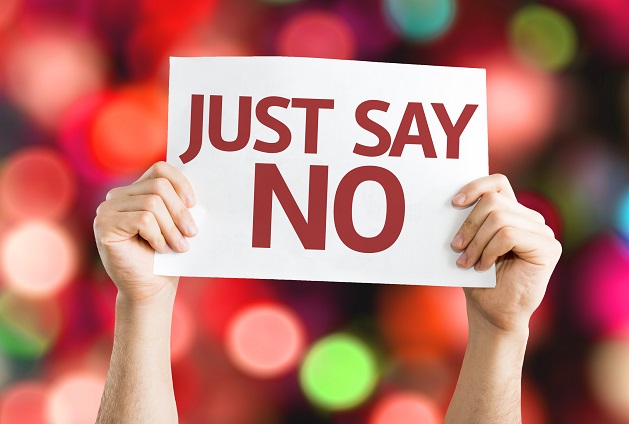
In the world of online reviews, many business owners like to start the ball rolling by leaving their own company a star rating or a little review.
Sounds innocent enough, but is it?
Whether your intentions are good, or shady, reviewing your own business is a bad idea.
Nearly 80% of consumers rely on online reviews before hiring a service or purchasing a product. In fact, peer reviews are trusted as much as recommendations from family or friends. With this in mind, it can be easy to get greedy and impatient when you’re just starting out.
However, you need to keep in mind that fake reviews are unethical, and even illegal. That’s right—you can be sued for posting fake reviews. It is called “astroturfing” and websites such as Google, Yelp and Amazon have been known to sue over it.
But you might be thinking: “How is it a fake review if I state that I am the business owner, or don’t say anything and just leave five stars??”
In the case of a five-star rating, it’s true you can probably get away with it. But if anyone realizes you are the business owner, your credibility is shot. If you reviewed your own company with five stars, who’s to say you didn’t talk other friends and family members into leaving biased reviews, or even pay for fake reviews?
A fake review can be any of the following:
• Asking someone who is not a customer to write a review.
• Paying someone to write a review, even if they are a customer.
• Asking an employee to review your company (it’s different if they review and state that the review is about their experience as an employee).
• Creating a fake profile to review your company.
• Reviewing your company as yourself, the business owner.
That’s right, even if you state that you are the business owner and you’re just stopping in to leave a positive review, it’s counted as fake.
Why?
Because you have added to your rating. Whether you’re up-front about who you are or not, you have successfully altered the rating of your business and that is the goal of fake reviews.
In 2016, Amazon sued 1,000 fake reviewers in an attempt to crack down on this practice. They stated that these false reviewers were tarnishing their brand with inauthenticity.
No one is invulnerable to this sort of crackdown.
So, how do you get started with reviews? There’s nothing wrong with suggesting that clients leave a review. Mention it on your website by linking to your business page, or put a sign up in your brick and mortar business.
But next time you’re considering somehow leaving a review for your own business, just say no.
